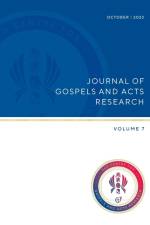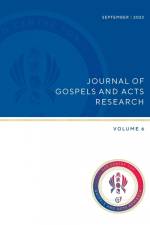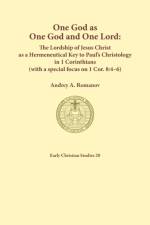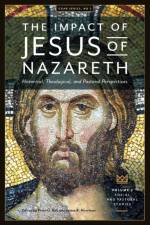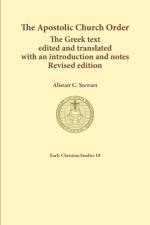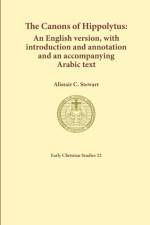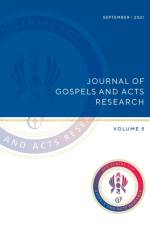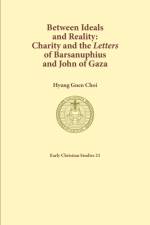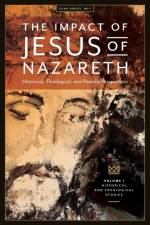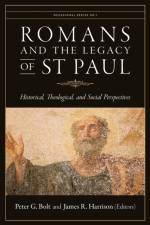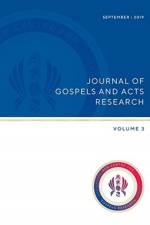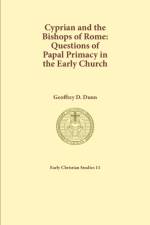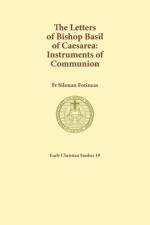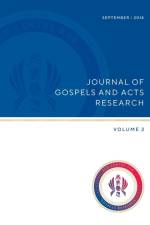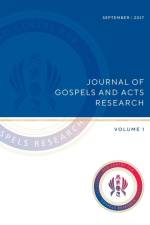- Instruments of Communion
av Silouan Fotineas
577
This book explores the letters of Bishop Basil of Caesarea as instruments of communion. In particular, it examines how Basil used his letters as instruments for arriving at, maintaining and expressing communion within a pro-Nicene church. For Basil, the divinity of the Father, Son and Holy Spirit was affirmed best through doxological worship and had ecclesiastical communion as its lasting expression. Basil's letters became the instruments through which he nurtured the fulfilment of his ecclesiological vision of the church as communion. His pastoral and theological message, although often set within an individual and local setting, persistently upheld a social and universal outlook expressed in terms of the church's communion. He insisted that the most fervent relationship with God involves communion with humans as well. Personal being within the church is intrinsically relational and communal. When Christians are united in communion with God through partaking of the Eucharist in any given worshipping community, they are united without division and without confusion with all believers and across all periods of time.Basil not only addressed and communicated with people from various walks of life but also became a voice for them as well. Whether letters were addressed to clergy, magistrates, civil or military officials, ascetics, youth, widows, friends or congregations, they found their way to being copied and circulated amongst the faithful and proved to be foundational in bringing into communion the churches of the East. Basil regarded maintaining and expressing communion as of the highest importance for the ministry of the bishop. The act of letter-writing between bishops facilitated their "being in communion" within the Nicene church and, when required, served as proof of this communion through establishing a canon of communion. Amongst Nicene bishops, an affirmation of a creed in writing became the guarantor of a bishop's communion and a sign of his collegiality with all other bishops. The collective voice of the bishops on issues of faith, doctrine and morals, was essential not only to safeguard the church's communion but also to enhance its accessibility. As instruments of communion Basil's letters reveal what he understood as the characteristics of ecclesial communion. This book concludes that key characteristics of communion for Basil are that it be eucharistic, in the Spirit and in Christ, Trinitarian, inspired by the New Testament, traditional, nicene, episcopal, ascetical, institutional, identifying with the poor, catholic, accessible and safeguarded, mutually responsible, doing God's will, and beneficial.

